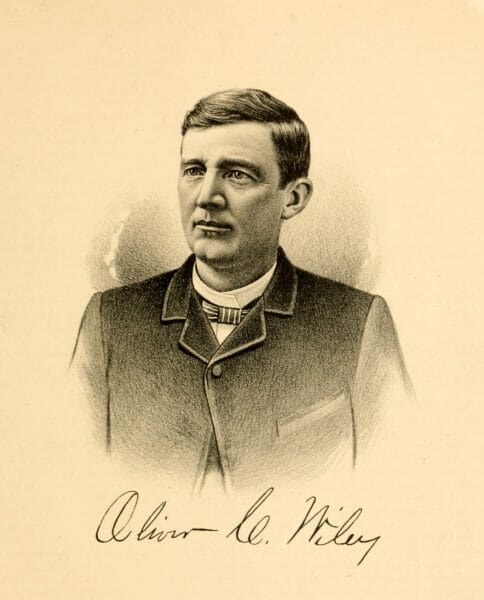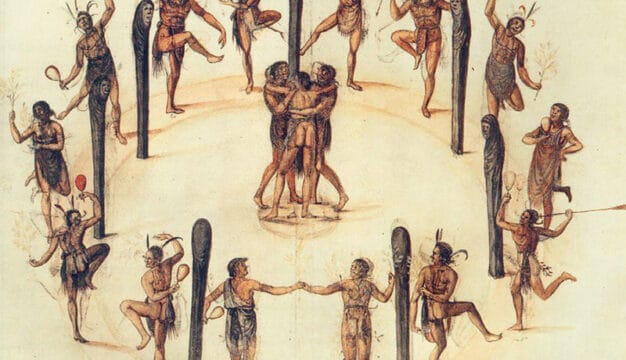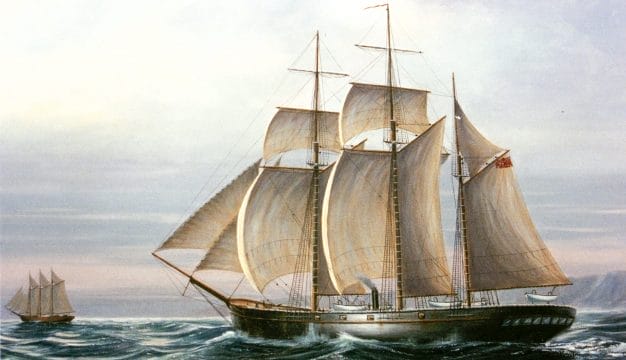Oliver C. Wiley
 Oliver Cicero Wiley
Oliver Cicero Wiley (1851-1917) represented Alabama’s Second Congressional District as a Democrat from November 1908 to March 1909, fulfilling the unexpired term of his late brother, Ariosto Appling Wiley (1848-1908). In addition to a fruitful business career in Pike County, O. C. Wiley served as president of the Alabama Midland Railroad and vice-president and general manager of the Standard Chemical and Oil Company and was on the board of trustees for the State Normal School at Troy (present-day Troy University).
Oliver Cicero Wiley
Oliver Cicero Wiley (1851-1917) represented Alabama’s Second Congressional District as a Democrat from November 1908 to March 1909, fulfilling the unexpired term of his late brother, Ariosto Appling Wiley (1848-1908). In addition to a fruitful business career in Pike County, O. C. Wiley served as president of the Alabama Midland Railroad and vice-president and general manager of the Standard Chemical and Oil Company and was on the board of trustees for the State Normal School at Troy (present-day Troy University).
Born in Troy, Pike County, on January 30, 1851, Oliver Wiley was the youngest child of James McCaleb Wiley and Cornelia Appling Wiley. His father was a physician and lawyer who later served as a circuit court judge. James Wiley was elected to the U.S. Congress in 1866 but was not seated because Alabama had yet to be fully readmitted into the Union. Oliver had three sisters and a brother, Ariosto A. Wiley, as well as four half-siblings from his father’s previous marriage.
Educated at primary school in Troy, the Civil War limited Wiley’s options for higher education. In 1871, he attended Bryant & Stratton’s Business College in Nashville, Tennessee, and in 1873 entered into a partnership to form a mercantile business. A decade later, he was among four founding partners of the Troy Fertilizer Company and served as president of the lucrative business. Early in the twentieth century, Standard Chemical and Oil, one of the largest fertilizer and chemical operations in the South, purchased the Troy Fertilizer Company and promoted Wiley to vice-president and general manager.
Wiley married Augusta Murphree on June 25, 1874. The couple had four children. Wiley was a Baptist, a member of a local chapter of the Odd Fellows and Masonic Order, and a lifelong advocate of temperance, which colored his short term in Congress.
In 1887, Wiley was instrumental in establishing the Alabama Midland Company, organized to build a railroad from Montgomery, Montgomery County, to Bainbridge, Georgia, in the southwest corner of the state. Among his business partners were his brother, Ariosto, who served as general counsel, Troy mayor and future governor Charles Henderson, and local businessman and politician Joel D. Murphree, who served as a Pike County delegate in Alabama’s constitutional conventions of 1875 and 1901. They elected Oliver Wiley president of the new railroad, and the first locomotive on the new track was named in his honor. Train service between Troy and nearby Ozark began in February 1890. Within a few months, commercial service along the entire route was operating on a regular schedule. A few years later, the railroad was the defendant in an important U.S. Supreme Court case regarding the regulation of rate fees by the Interstate Commerce Commission (ICC). The relatively new ICC sued Wiley’s Alabama Midland Railroad on behalf of several Troy merchants, who felt the higher rate they were charged for short-range transportation of goods was a violation of ICC regulations. In an 1897 opinion, the high court ruled in favor of the railroad, and in doing so negated portions of the ICC’s authority to regulate different rates along the same railroad line. Congress revisited the matter in 1910 with updated guidelines. Wiley remained with the company until it was absorbed into the Atlantic Coast Line in 1902.
In the realm of politics, Wiley served for five years on the Troy City Council and as a member of Pike County’s Democratic Party leadership. He was elected to consecutive two-year terms on the State Democratic Executive Committee. In 1888, he served as an alternate delegate to the Democratic National Convention in St. Louis, Missouri, which nominated Pres. Grover Cleveland for reelection.
Ariosto A. Wiley served as congressman for Alabama’s Second Congressional District, which then consisted of Baldwin, Butler, Conecuh, Covington, Crenshaw, Escambia, Montgomery, Pike, and Wilcox Counties, from 1900 until his death on June 17, 1908. Although O. C. Wiley had no political ambitions of his own, his friends and family urged him to replace his late brother in Congress. In July 1908, Wiley announced his intention to run but only in the special election to fulfill his brother’s unexpired term. Wiley won the special election and departed for Washington as the new representative for the Second Congressional District.
In the Sixtieth Congress, Wiley joined a number of prominent and long-serving Alabama Democrats. But, limited by the short tenure of his office and the Republican-controlled House, he passed no legislation in Congress. He did, however, introduce a number of bills and offered amendments on a variety of topics, including forbidding the granting of federal liquor licenses in states that practiced prohibition, guaranteeing a second-class postal rate for local newspapers, and increasing the pensions for veterans of the Mexican-American War. Wiley’s term ended in March 1909. As planned, he did not seek reelection. Montgomery’s Stanley Hubert Dent Jr. won the open seat and served until 1921.
After his term ended, Wiley returned to his business interests in Pike County, which included a term as director of a local bank and 17 years on the board of trustees for the State Normal College in Troy. He died on October 18, 1917. One Alabama newspaper eulogized him as among the Wiregrass’s most important entrepreneurs and noted that his wide-ranging business endeavors had benefitted far more Alabamians than his brief and incidental stint in politics. Wiley is buried in Troy’s Oakwood Cemetery.
Further Reading
- DeLand, T. A., and A. Davis Smith. Northern Alabama: Historical and Biographical.. Birmingham, Ala.: Smith and DeLand, 1888.
- Farmer, Margaret Pace. One Hundred Fifty Years in Pike County, Alabama, 1821-1971. Anniston, Ala.: Higginbotham Press, 1973.



